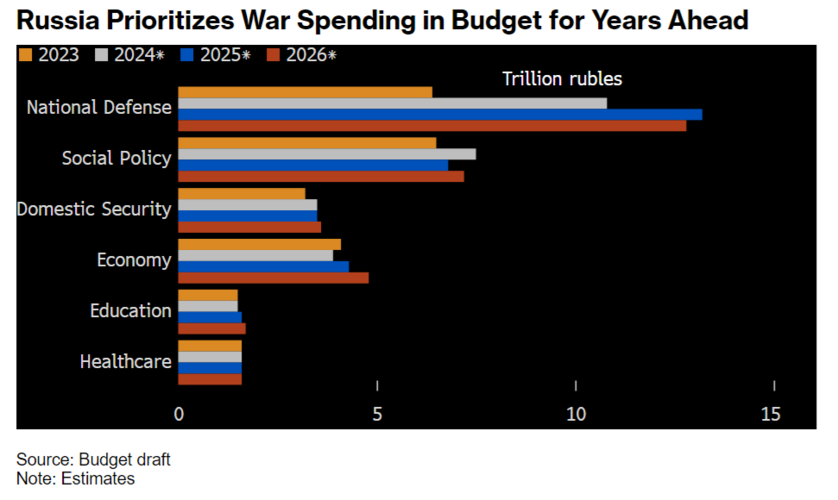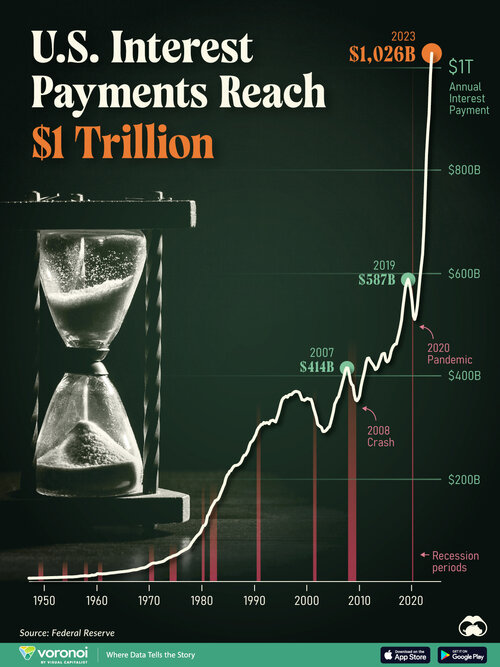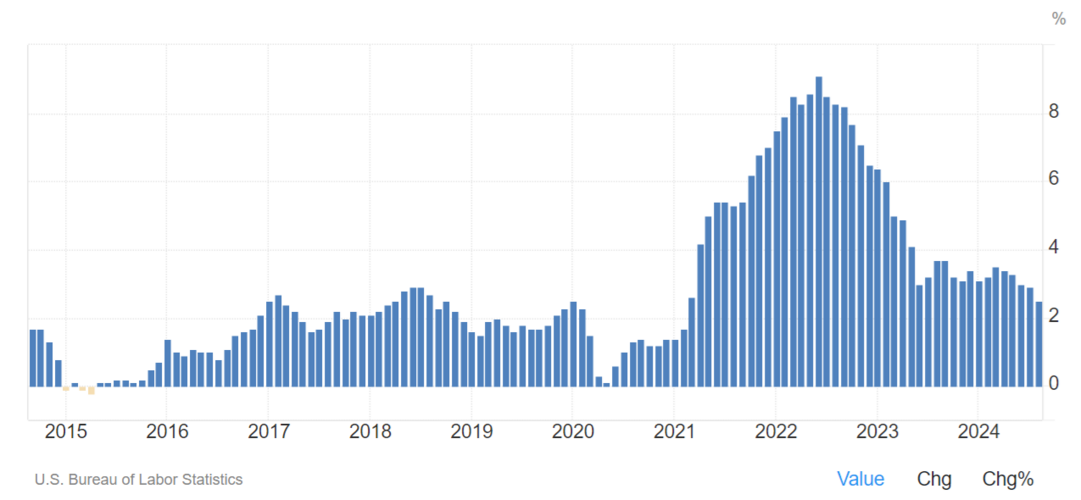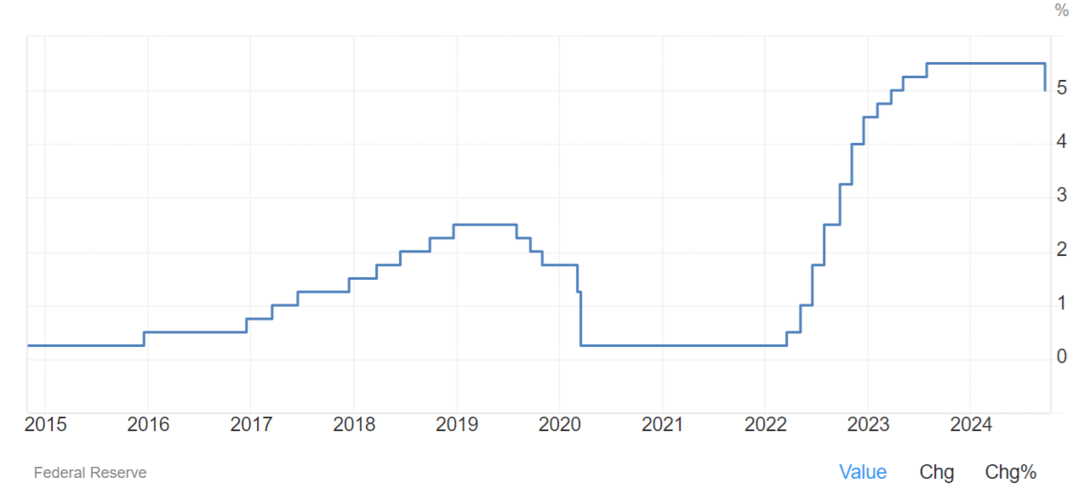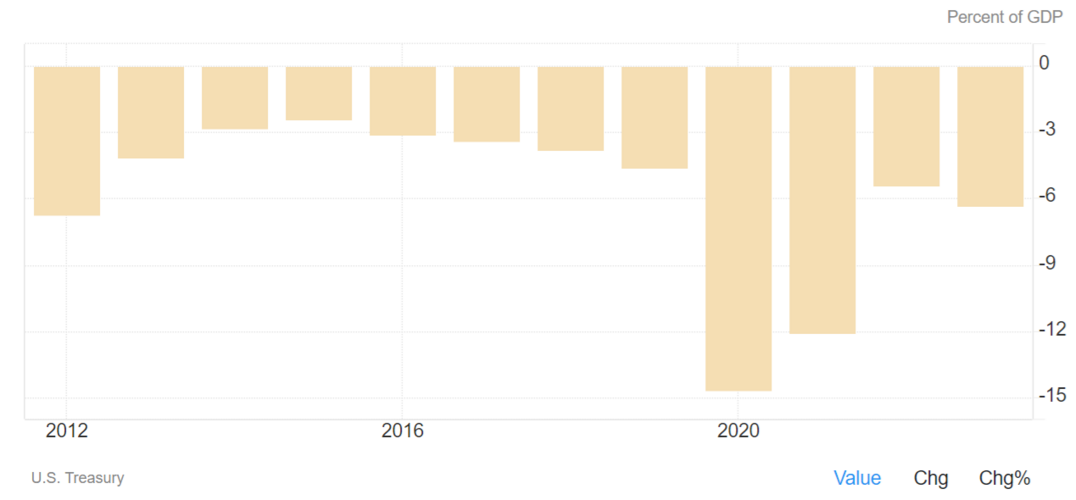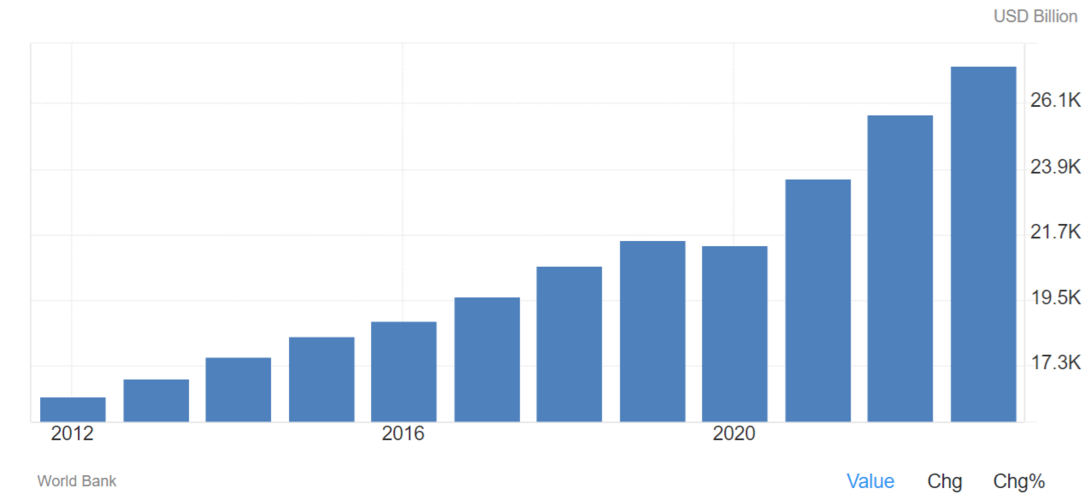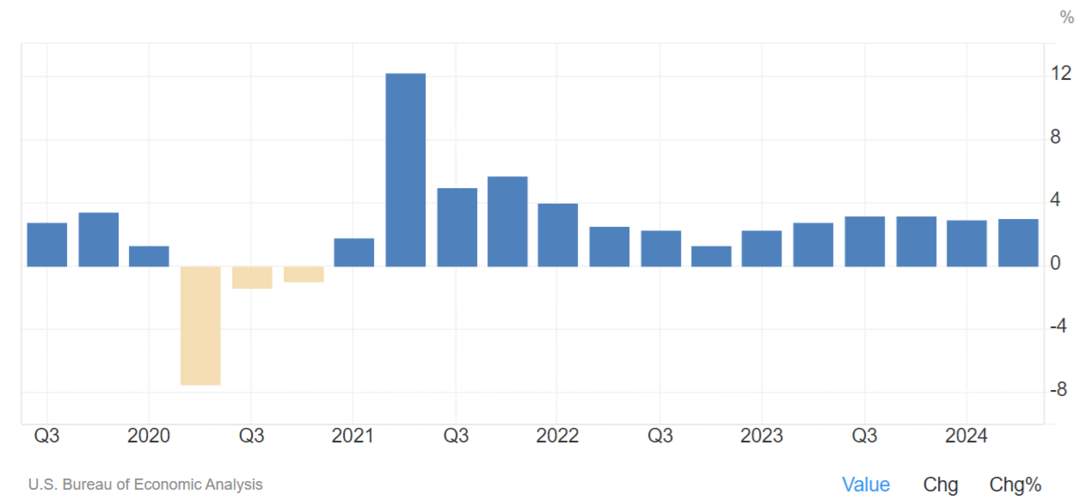jsport
what do you know about surfing Major? you're from-
- Joined
- 27 July 2011
- Messages
- 7,713
- Reaction score
- 5,718

Social media among many barriers to bringing back a draft, report says
A recent think tank report looks at the unprecedented social and cultural challenges the Defense Department would have to navigate in the event of a draft.



















